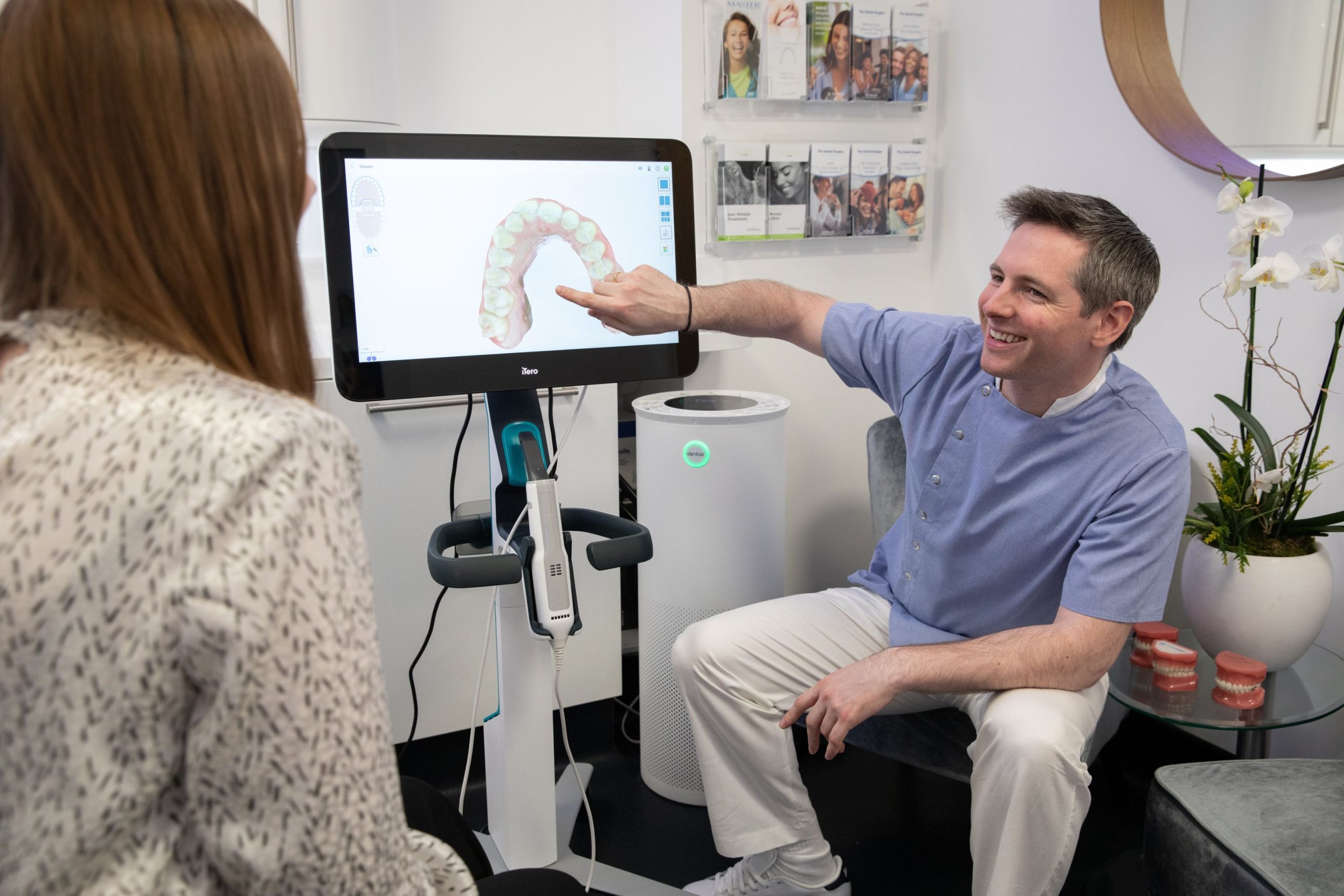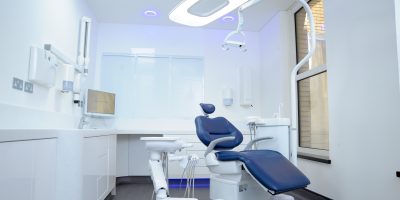- Categorised as:
- General Dentistry
- Dental Hygiene
- Periodontics
- Teeth Replacement
- Teeth Restoration
Can You Visit A Dentist For Oral Cancer?
Oral cancer is the sixth most common form of cancer in the UK, with around 8,300 people diagnosed every year.
If Oral cancer is detected late, has a high mortality rate, with the survival rate five years after late diagnosis being around 50%.
Early stages of oral cancer are hard for people to detect themselves and there is no national early screening in the UK.
However, it is a cancer where early diagnosis is beneficial. Spotting mouth cancer early boosts chances of survival from 50% to 90%.
What Is Oral Cancer?
Oral cancer, which can also be known as mouth cancer, is a form of the disease whereby a tumour develops in an area of the mouth.
It is typically on the surface of the tongue, inside the cheeks, the lips or gum or roof of the mouth.
In less common cases, tumours can also develop in the saliva-producing glands, the tonsils or the pharynx (part of the throat).
Why Is Oral Cancer Difficult To Detect?
Early detection is key! and unless you have been trained, initial signs may not be apparent.
In the early stages, there is often no pain and any visible signs may be extremely hard to spot.
Small patches of different colour mouth tissues are only really noticeable when light is shone directly into the mouth.
If you’re not experiencing pain, it’s unlikely you’ll be closely inspecting your mouth.
It’s also unlikely that you’ll spot what “abnormal” even looks like when the inside of the mouth is not something you regularly check?
Signs and symptoms to look for:
There are no obvious symptoms to look out for, but if you have one or more of the following symptoms, seek professional dental help:
- A mouth sore or ulcer that does not heal within three weeks
- Lumps or swelling in the mouth, head or neck
- Inexplicable difficulty in chewing or difficulty moving the jaw or tongue
- Extreme sore throat and hoarseness that lasts for several weeks
- New and mysterious tooth mobility (for instance not caused by impact)
- White or red patches in the mouth
- Ongoing pain in the mouth
Risk Factors
Oral cancer will mostly impact those over the age of 50, around 4% of all diagnoses are for those under the age of 40.
The human papillomavirus (HPV) contributes to a growing percentage of oral cancers, particularly in areas such as the oropharynx, tonsils and base of tongue.
HPV is linked to around three in four (73%) oropharyngeal cancers and more than one in ten (12%) oral cavity and hypopharynx cancers.
Now the HPV vaccine is offered to children between the ages of 12 and 13 as part of the NHS vaccination programme.
It is also recommended for men and women up to and including the age of 45 in order to help protect them against these diseases.
Anyone up until age 25 is eligible to receive the vaccine for free on the NHS.
Other risk factors include:
- Smokeless tobacco (i.e. chewing tobacco) & Environmental Tobacco Smoke (ETS).
Mouth cancer risk is 87% higher in never-smokers who have been exposed to ETS at home or work, compared with unexposed never-smokers. - Alcohol
Drinking more than 10 units of alcohol a week could be increasing the risk of mouth cancer by 81%. - Infection
Mouth cancer risk is around twice higher in people with HIV/AIDS, compared with the general population.
The Importance Of Seeing Your Dentist
That everyone should have a dental check-up at least once every year is a well-established guideline instilled in us as children, but why?
Routine check-ups not only help to spot and treat signs of decay, plaque build-up and early onset gum disease, but your dentist is also the professional perfectly placed to identify early signs of oral cancer.
Every dental examination commences with an extra-oral and intra-oral examination, evaluated in conjunction with your medical history and lifestyle, to determine whether you are at risk of mouth cancer.
Our practice is one of the few practices in the UK that use the VELscope system to see oral mucosal abnormalities that might otherwise have been overlooked.
This is a wireless, handheld scope that uses natural tissue fluorescence visualisation which takes just a few minutes to use and is non-invasive.
These appointments are also a chance for the patient to raise any concerns they may have such as a lump, persistent pain or any other symptom that might suggest a health concern.
A dentist may not be able to prevent someone from suffering from cancer, but they can spot concerns early on and make the immediate appropriate referral.
The World Journal of Surgical Oncology has produced research that starkly sets out the importance of early diagnosis.
In Perspective
Focussing on a specific form of cancer can lead to concerns, but it should be pointed out that a standard ulcer or sore in the mouth is not always reason to panic.
Consider conducting frequent Self Checks as guided here.
However, if you are ever in doubt, please don’t hesitate to contact us and arrange an appointment.
More Information:
https://www.dentalhealth.org/mouthcancer
https://www.mouthcancerfoundation.org/
Do you have a specific question?
If you have any concerns over your oral health, please get in touch with us today.



